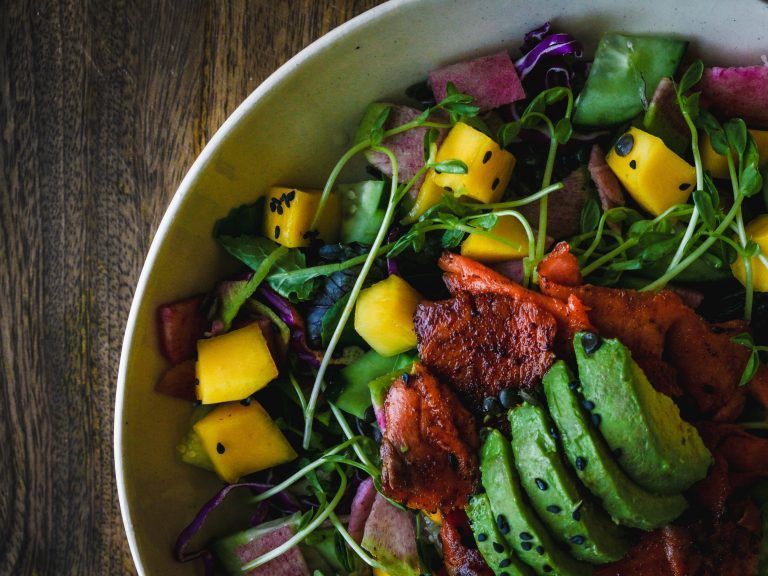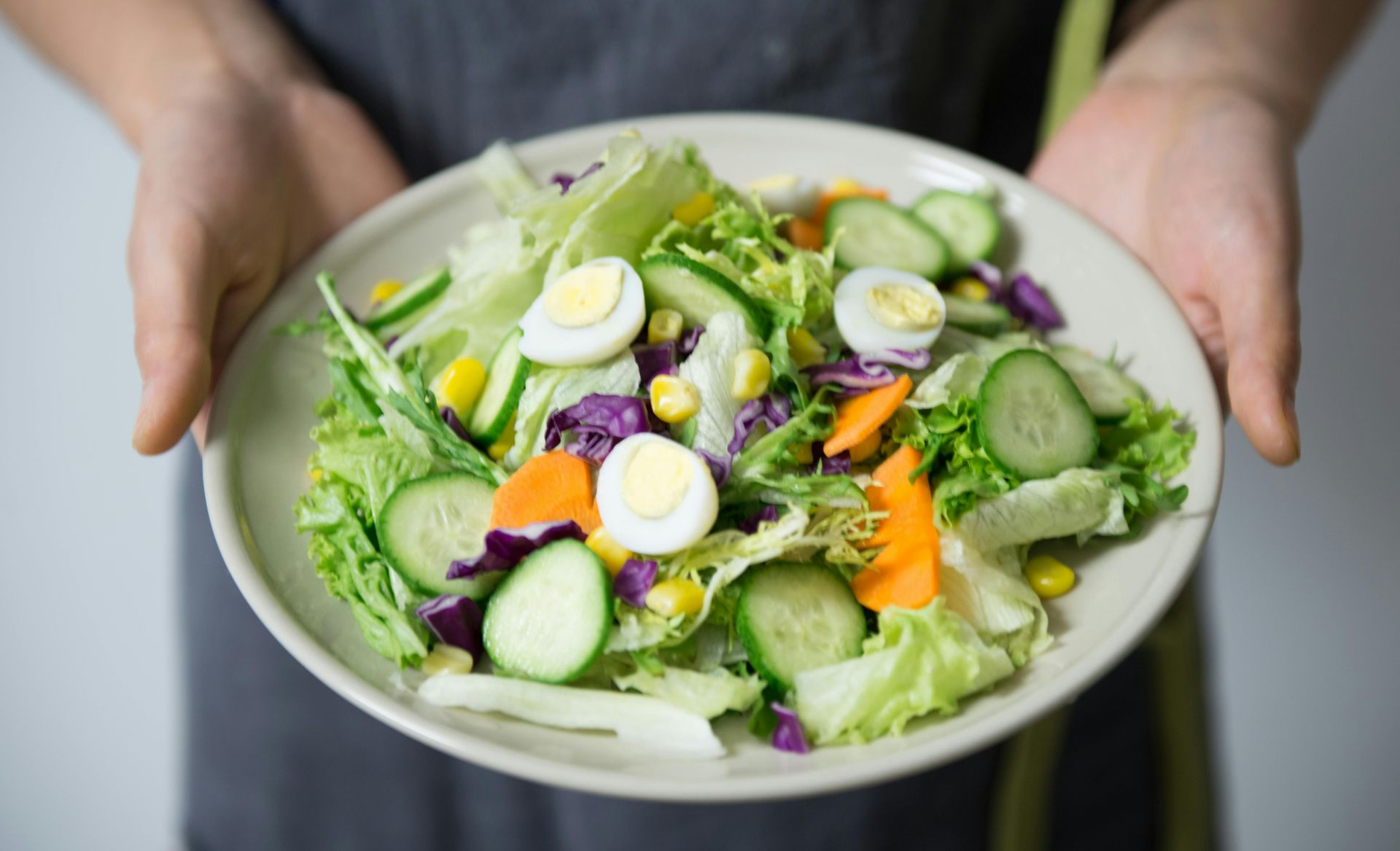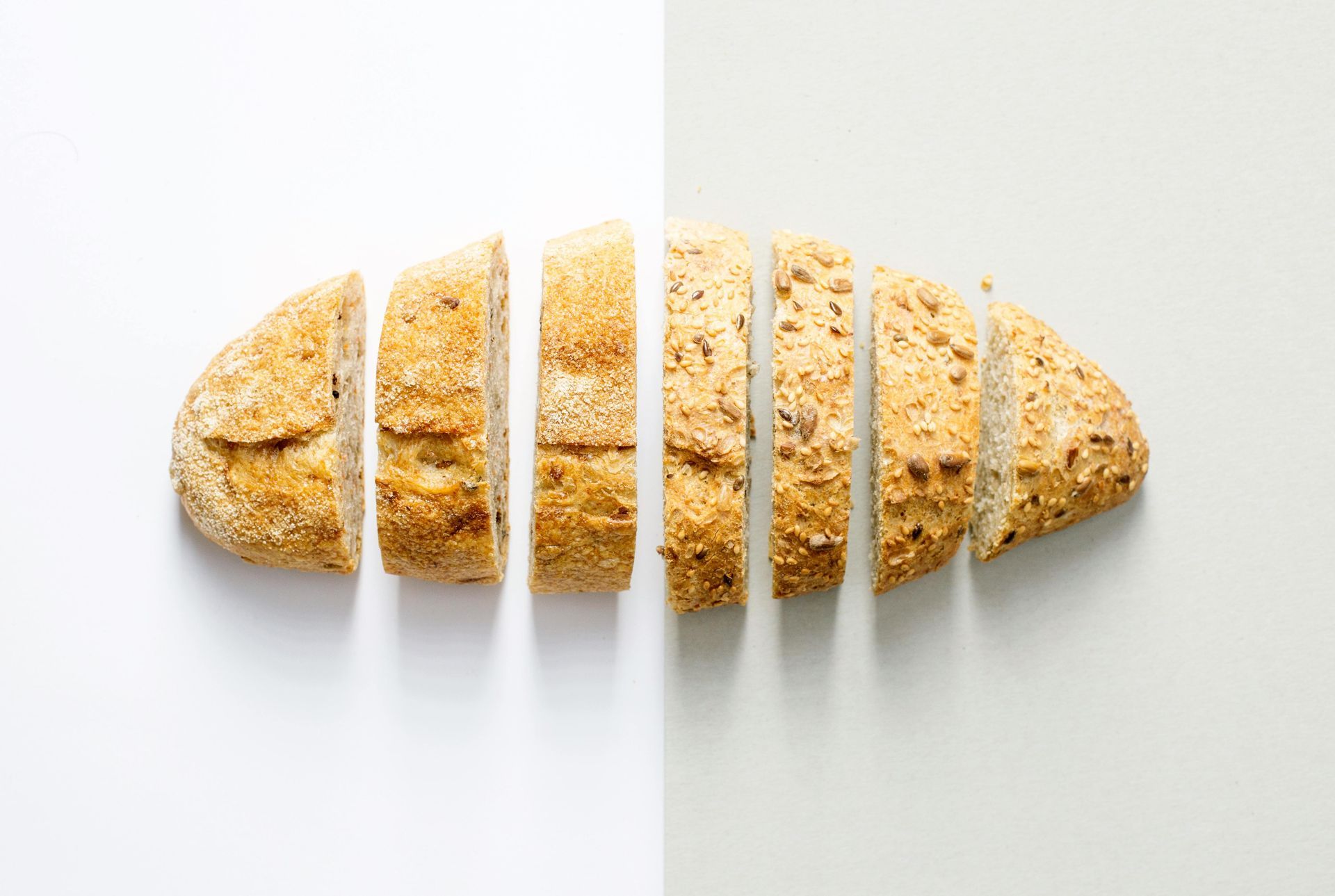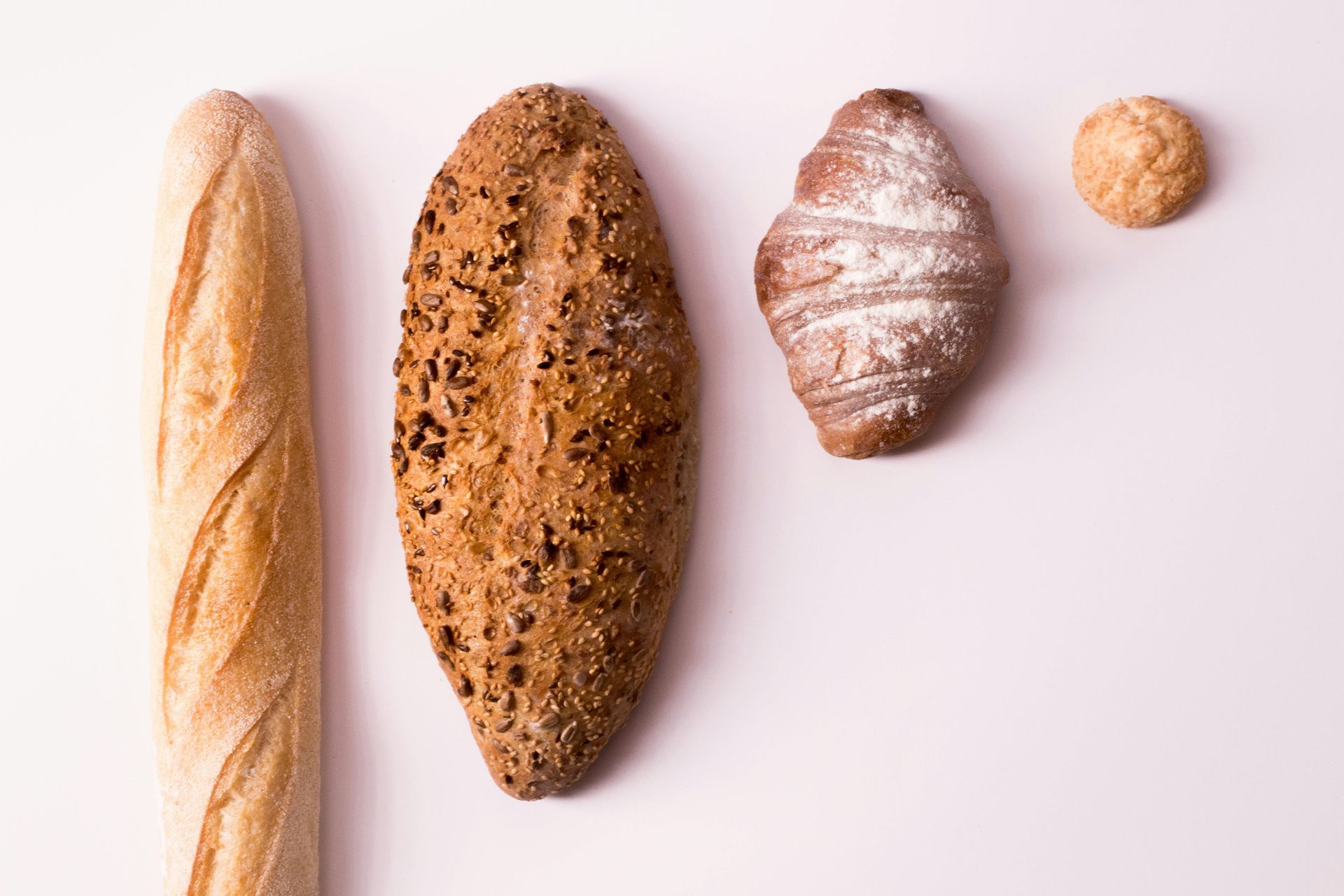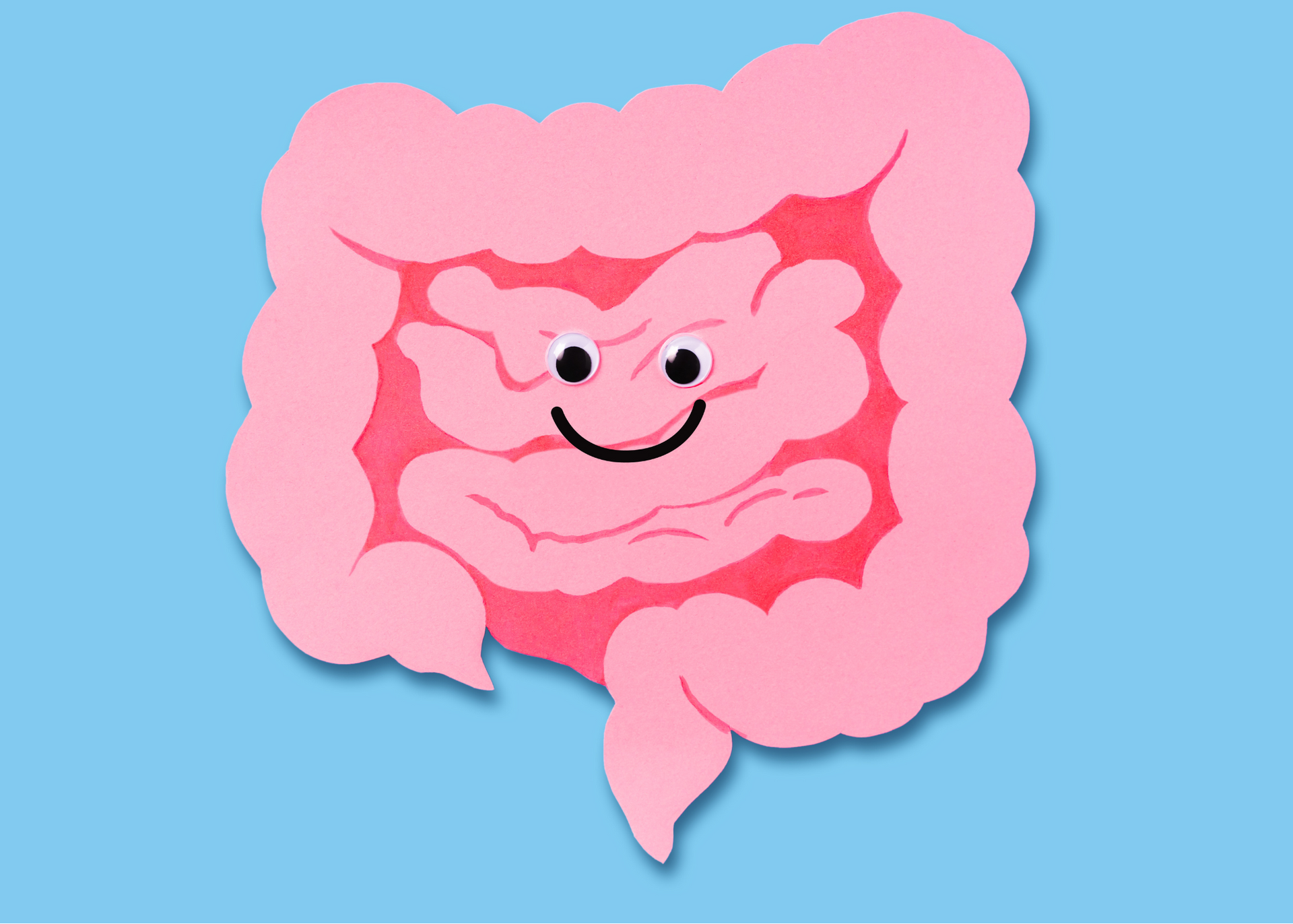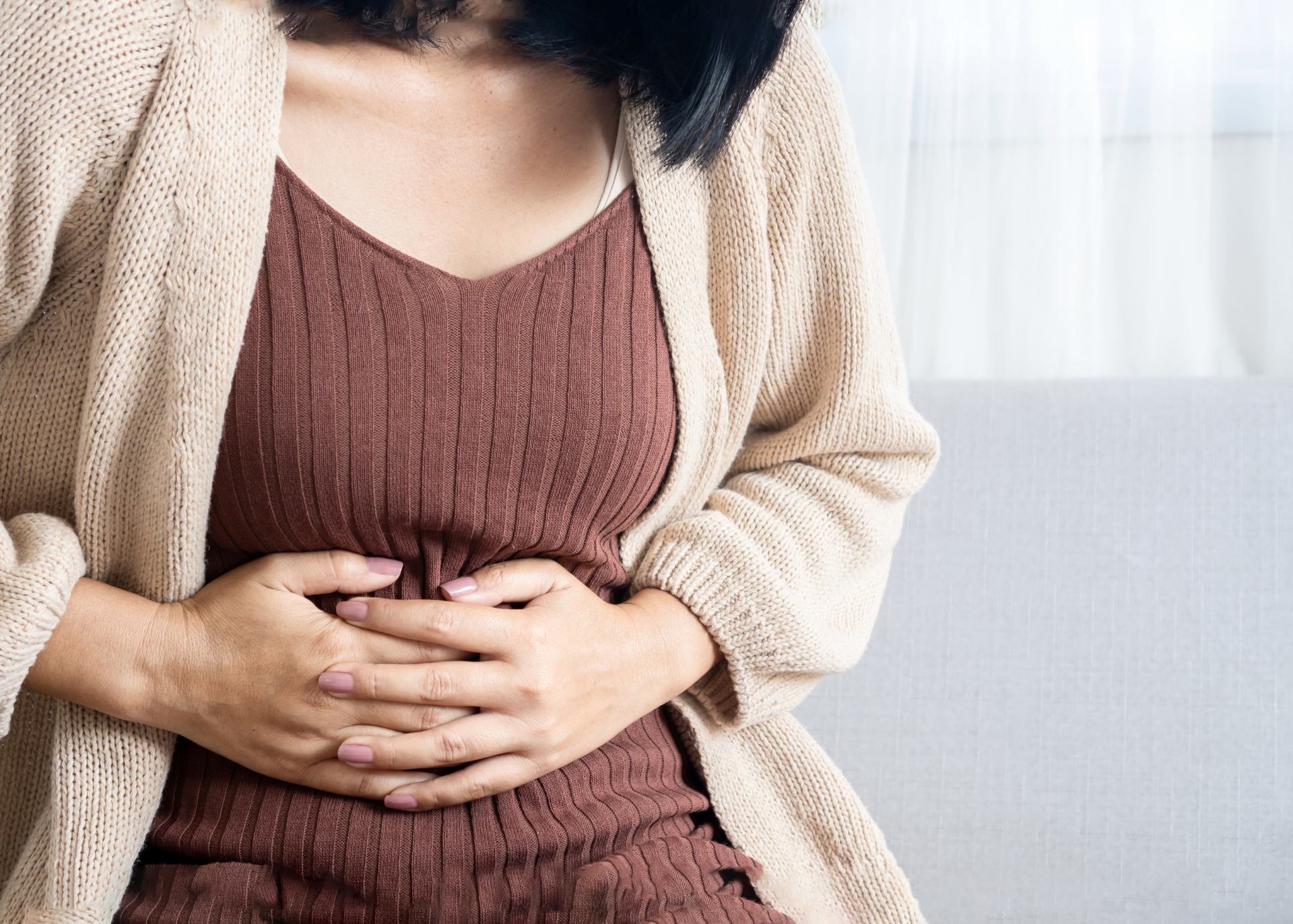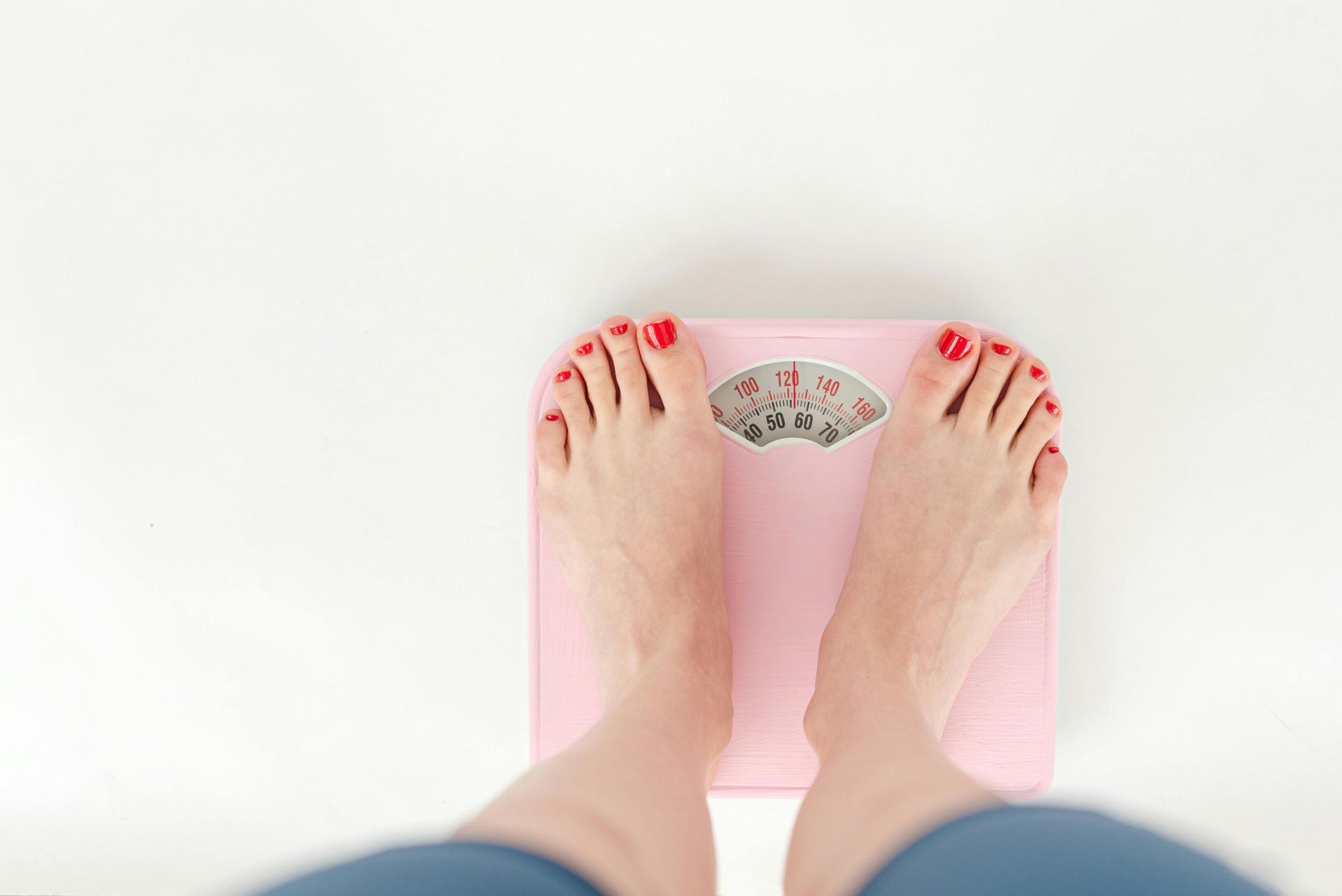Top 9 Foods to Boost Fertility, According to a Dietitian
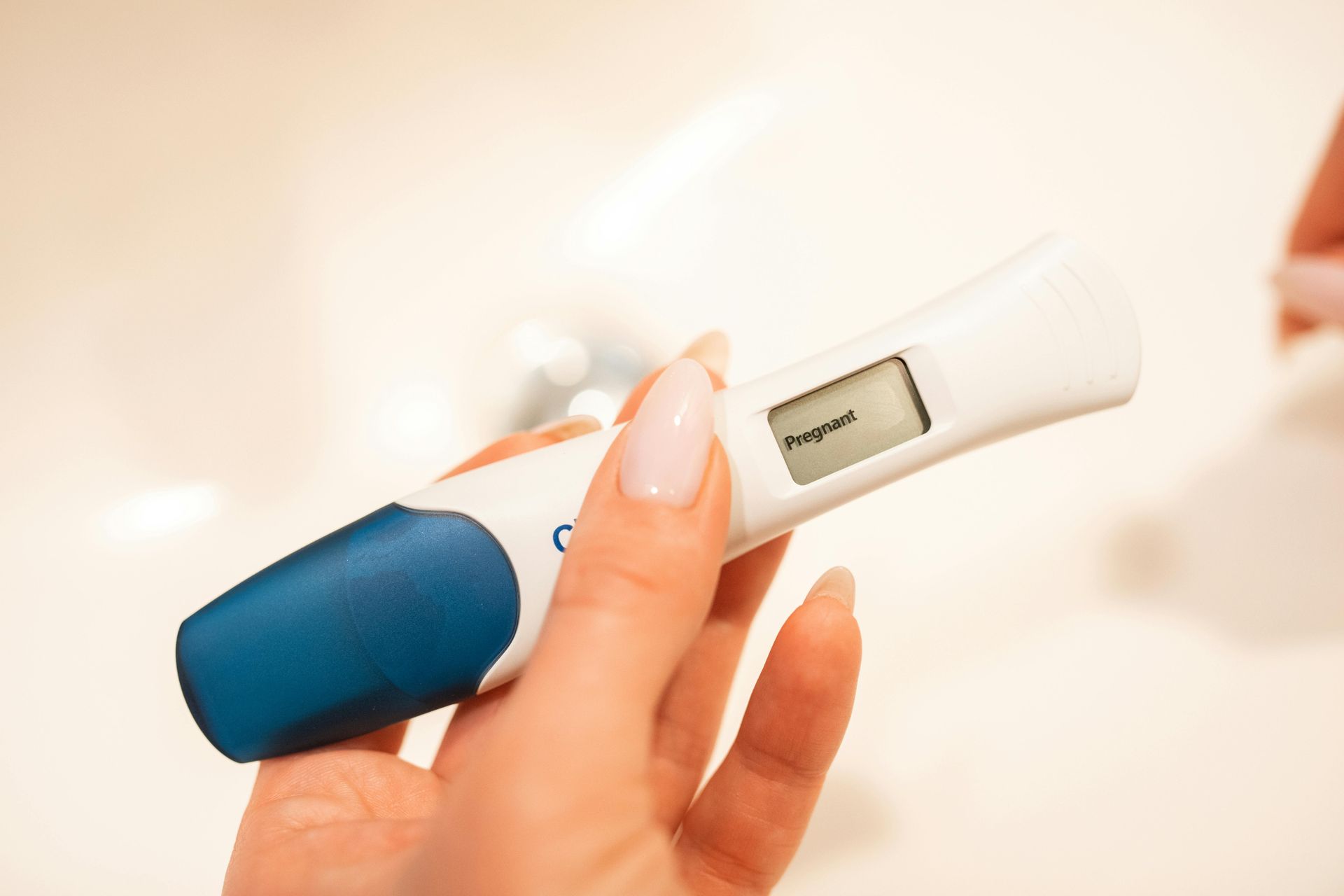
Over 110 million women worldwide are struggling with infertility.
It’s estimated that as many as
25% of pregnancies end in miscarriage.
42% of Americans have turned to fertility treatments or know someone who has.
I know those are depressing stats.
But whether you're considering starting a family and you're fearful of infertility, or you've already had to face the pain of infertility - please know
there is hope.
In our
virtual private practice
we’ve helped many women get pregnant, even after years of infertility.
While fertility is influenced by many lifestyle factors, I would argue diet has some of the biggest impact.
What you eat impacts
hormone balance, egg quality, ovulation, and many other aspects of your ability to get pregnant and carry your baby to term until they’re ready to enter the world.
In this blog, we’ll share:
- The top 9 foods to boost fertility for women
- Foods to limit
- Key nutrients to focus on
- Practical tips for a fertility-friendly diet
- FAQs about fertility and food
Whether you’re in the midst of your fertility journey or just curious about nutrition’s role — welcome.
Let’s dig in!
Fertility-Boosting Foods
Here are the top foods for boosting female fertility and why they matter:
1) Salmon
Why it matters: Salmon is packed with omega-3s (EPA and DHA), which support hormone production, improve egg quality, and lower body-wide inflammation.
How to eat: Baked salmon with rice and veggies or on a salad, salmon salad with healthy mayo, smoked salmon with cottage cheese on toast.
Tip: Skip high-mercury fish (tuna, swordfish, king mackerel) and choose low-mercury options like salmon, barramundi, sardines, and trout.
2) Cruciferous vegetables (broccoli, Brussels sprouts, kale, cauliflower, etc.)
Why it matters: These powerhouse veggies contain special compounds like DIM and indole-3-carbinol that support the body’s antioxidant defenses, boost gut health, and shift estrogen towards safer metabolites.
Cruciferous vegetables also enhance liver detoxification pathways, and reduce estrogen reabsorption - helping keep hormones balanced and your body pregnancy-ready.
How to eat: Roast in the oven, steam, or saute in a pan- then pair with a protein, slow-burn carb, and healthy fats to round out your meal.
3) Eggs
Why it matters: Just three eggs provides more than half your daily needs for six fertility-critical nutrients: choline, B12, riboflavin, selenium, biotin, and pantothenic acid.
How to eat: Scrambled eggs or an omelette for breakfast, boiled eggs for breakfast or a snack, egg salad with healthy mayo.
Tip: The egg yolk is where all of these nutrients are found, so make sure you eat the whole egg and not just egg whites.
4) Seeds (sunflower, sesame, flax, pumpkin, chia)
Why it matters: Seeds are rich in vitamin E, selenium, zinc, and hormone-balancing fats that support reproductive health and cycle regularity.
How to eat: Sprinkle pumpkin seeds on meals, blend ground flax in smoothies or yogurt, pair fruit with sunflower seed butter, or drizzle tahini over stir fry.
Want to learn more? Check out
this blog post for more info about the power of seeds for your hormones.
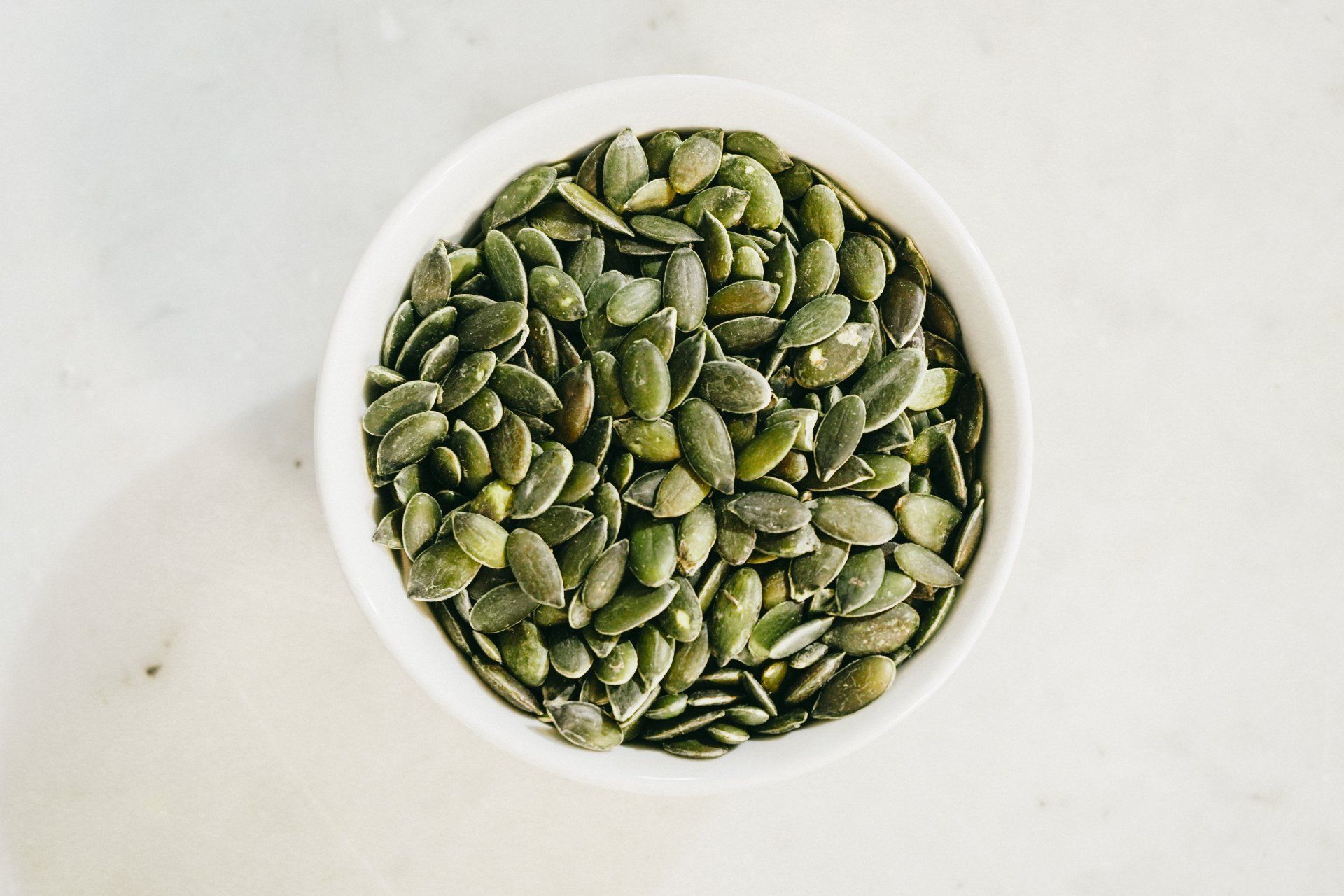
5) Full-fat dairy
Why it matters: If you’re heard “go dairy free” for your fertility, think again. Full-fat yogurt, kefir, cheese, and cottage cheese support estrogen production, ovulation, and gut health.
Low-fat dairy doesn’t appear to have the same effect - in fact, low-fat dairy is linked to lower fertility.
How to eat: Cottage cheese with crackers, full-fat plain yogurt with fruit, goat cheese or feta on salads/meals, kefir blended in smoothies.
Tip: Choose organic, grass-fed options when possible. A 2018 study revealed that organic milk from grass-fed cows contained 147% more omega-3’s than conventional milk!
6) Fermented foods (sauerkraut, kimchi, pickles, kefir, yogurt, cottage cheese)
Why it matters: Packed with probiotics, fermented foods support gut health and immune system balance - both important for fertility.
How to eat: Sauerkraut on salads or in sandwiches, cottage cheese on avocado toast, kimchi with a stir fry.
Tip: Choose refrigerated versions labeled "live active cultures” or "fermented". Avoid shelf-stable or pasteurized products, which often lack live probiotics (the heat destroys them).
7) Slow-burn carbs (whole grains, beans, lentils, potatoes, butternut squash)
Why it matters: Slow-burn carbs release energy slowly, helping regulate insulin - a key factor since ovaries are insulin-sensitive.
Carbs also support healthy adrenal and thyroid function, while extremes (too low or too high) put stress on the body and disrupt hormones.
How to eat: Build meals with whole grains or root vegetables, and pair with protein, healthy fats, and fiber to keep blood sugars steady.
8) Oysters
Why it matters: One of the richest sources of highly bioavailable zinc, plus iron and omega-3s - all nutrients tied to healthy ovulation and egg quality.
How to eat: Fresh on the half shell, smoked and tinned with lemon, or folded into a veggie rice bowl.
9) Green Tea/Matcha
Why it matters: Green tea is loaded with antioxidants that protect eggs from oxidative stress and support embryo development.
Matcha also contains L-theanine, which promotes calm focus, steadier energy, and less of a cortisol spike than coffee.
How to drink: Start your morning with a matcha over ice with a splash of almond milk, or a warm cup of green tea with a teaspoon of raw honey.
Tip: Not all matcha is created equal - check out our favorite brand
here! (and use code TAYLOR10 for 10% off your order)
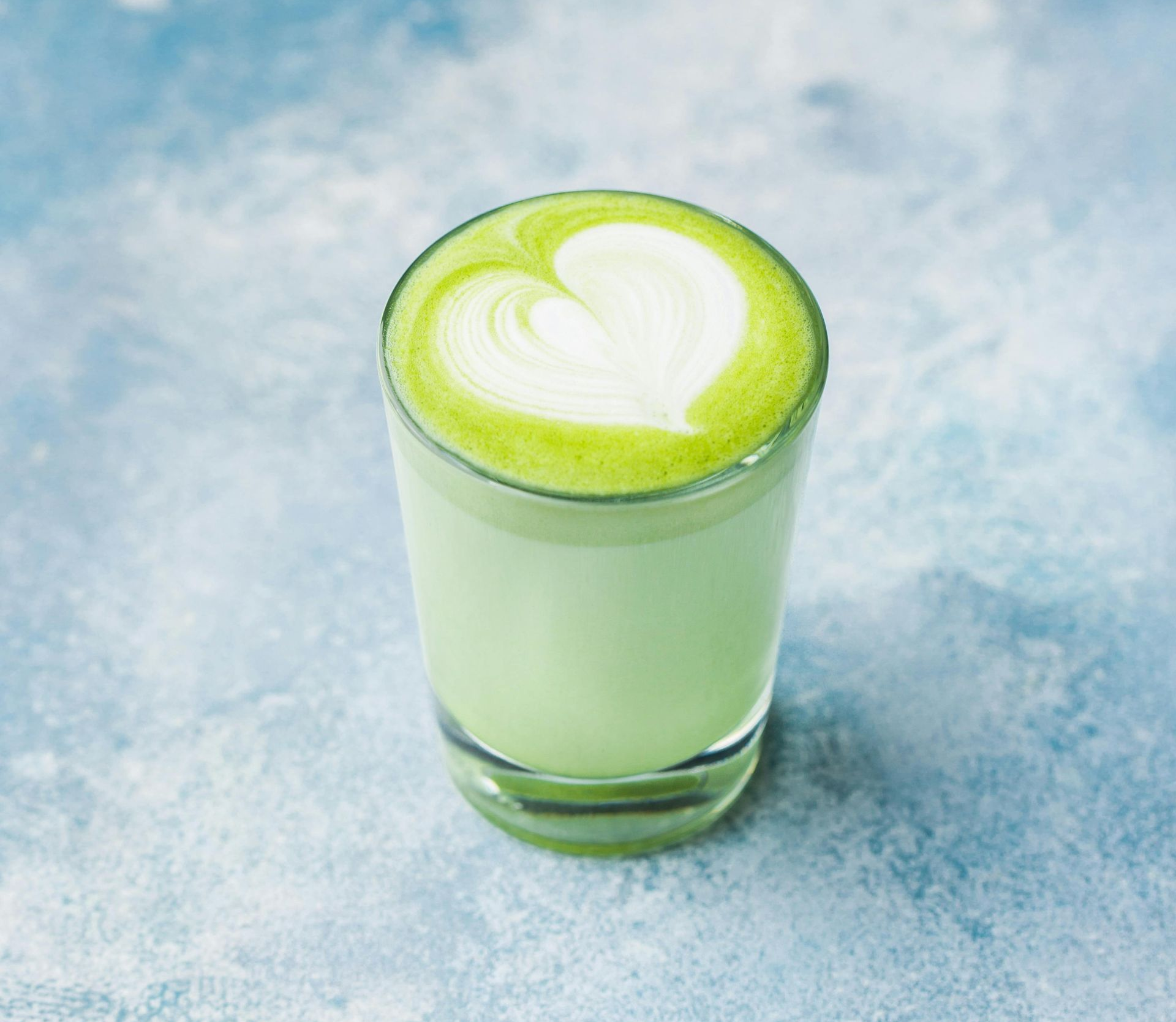
Key Nutrients for Fertility
Here are the key nutrients that directly support fertility, many of which you’ll notice are abundant in the foods listed above.
- Zinc – Supports egg maturation, hormone balance, and ovulation.
- Folate, Vitamin B6, and Vitamin B12– Essential for DNA synthesis, egg quality, a healthy embryo, and preventing neural tube defects.
- Protein – Provides essential amino acids for hormone production, egg quality, and uterine tissue health.
- Choline – Supports egg quality and early brain development.
- Healthy Fats – Provide the building blocks for estrogen and progesterone production.
- Omega-3 Fatty Acids – Reduce inflammation and improve ovulation.
- Antioxidants (Vitamin C, beta-carotene, selenium, glutathione) – Protect eggs and sperm from oxidative stress.
- Iron – Supports ovulation, egg quality, and embryo implantation.
- Vitamin D – Regulates ovarian function and hormone production.
- Vitamin E – Supports a healthy uterine lining and embryo implantation.
What to Limit or Avoid for Fertility
Advanced Glycation End Products (AGEs)
Why it matters: Form when foods are cooked at very high heat (frying, grilling, BBQ, charring). They accelerate egg aging and increase oxidative stress.
Fertility-friendly approach: Marinate foods in fresh herbs and spices before grilling, cook at lower temperatures (bake, steam, sauté) most of the time, and load up on antioxidant-rich fruits and veggies.
Excess sugar & refined carbs
Why it matters: Spike blood sugar, disrupt insulin, and interfere with ovulation.
Fertility-friendly approach: Choose slow-burn, whole-food carbs (quinoa, oats, beans, potatoes, fruit, etc.) and always pair with protein, fat, and fiber to keep blood sugars steady.
Alcohol
Why it matters: Even moderate intakes are linked to lower IVF success rates and reduced egg quality.
Fertility-friendly approach: Limit to an occasional glass of wine, and avoid drinking if you’re actively trying. Try fun alternatives like sparkling water with lime and mint or prebiotic sodas like Poppi or Olipop.
Excess caffeine
Why it matters: High intakes are linked to reduced fertility and increased miscarriage risk.
Fertility-friendly approach: Aim for one cup of coffee per day, or switch to green tea or matcha for gentle energy and added antioxidants.
Soy (conventional, processed forms like soy protein powders)
Why it matters: Processed, non-organic soy often contains pesticide residues and additives.
Excess soy could also lower key reproductive hormones (FSH and LH), which are crucial for ovulation.
Fertility-friendly approach: Choose organic, minimally processed soy foods (edamame, tofu, miso) and enjoy in moderate amounts (up to a few times per week).
Low-fat or restrictive diets
Why it matters: Your body needs enough calories and enough dietary fat to make estrogen and progesterone and maintain a healthy uterine lining.
Overly restrictive eating patterns can suppress fertility.
Fertility-friendly approach: Focus on balanced meals with healthy fats, protein, slow-burn carbs, and vegetables. Listen to hunger cues and fuel your body accordingly.
Practical Tips for a Fertility-Friendly Diet
- Start small. Don’t try to change twenty things overnight. Focus on one shift at a time and build on your progress.
- Consistency beats perfection. Progress 90% of the time matters more than stressing about the occasional slip.
- Add, don’t restrict. Focus on what you can add to your plate (more color, more nutrients) instead of obsessing over what to cut.
- Mindset matters. When you eat, remind yourself: this is nourishing my cells, balancing my hormones, and supporting my future baby.
- Celebrate the wins. Every nourishing choice you make is an investment in your future health, and your future family.
Fertility Diet FAQs
Which juice is best for getting pregnant?
None — juice is all the sugar without the fiber. Whole fruits are better for blood sugar and gut health, both of which support fertility.
What drinks are best for fertility?
Filtered water is the best drink for fertility. Some teas are helpful, but avoid certain herbs that may raise miscarriage risk. Coffee and matcha are fine in moderation (under ~200 mg caffeine/day).
Which milk is good for conceiving?
Grass-fed whole milk is best for fertility if you tolerate dairy. If not, choose unsweetened alternative milks without additives (we love Califia Farms almond milk).
Which fruit is best for fertility?
No single fruit is best for fertility — variety matters most! Choose whole, fresh fruit, and pair it with protein or fat to keep blood sugars stable.
Want a personalized plan to boost your fertility?
At Plate and Canvas, our team uses comprehensive testing to create a personalized plan - so you can optimize your fertility in a natural, holistic way.
🔍
Learn more about our Wellness Blueprint
📞
Book a 20-minute discovery call to find out if it’s a good fit
📍 Plate & Canvas is based in Austin, TX, and 100% virtual — supporting women’s health nationwide.
Continue Reading



